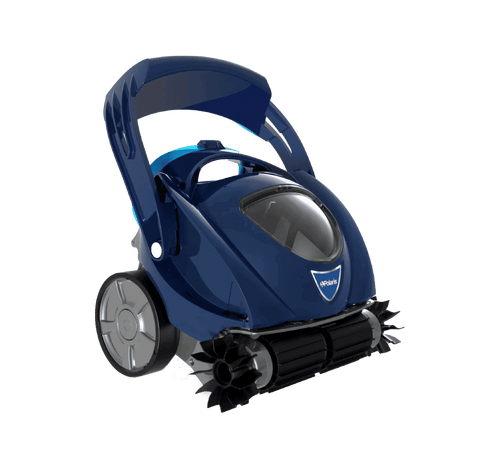There are thousands of backyard swimming pools and hot tubs across Canada as they’re an ideal way to provide endless hours of enjoyment and relaxation for their users. However, it’s essential that pools and hot tubs are always kept safe for children even when they’re not in use. Strict safety rules and regulations should always be implemented in areas where children are going to be resent.
These rules should cover things such as the handling of chemicals, behaviour, supervision, maintenance, the use of electrical appliances and any other issue that could lead to a dangerous situation. Unfortunately many children have drowned in just a shallow amount of water.
Pool and hot tub owners should always be responsible for the safety of their family and guests at all times of the year. These are some important tips to make sure the safety of children and everybody else is being looked after.
1-Proper supervision
You should never leave children along when they’re in the vicinity of a swimming pool and/or hot tub. It’s imperative that there’s always adequate supervision at all times when children are in the area. Youngsters must always be in eye contact and it’s important that you never assume they’re safe even if they know how to swim.
2-Educate children
One of the best ways to educate children to the dangers of swimming pools and hot tubs is to talk to them about the possible dangers and also show them first-hand what can happen. If you own a pool and have children it’s highly recommended that they take water-safety and swimming lessons. A child’s hair should never go near a drain cover and they should never stick toes, fingers or other body parts into the drains. In addition, children should be taught never to try and hold their breath underwater for long periods of time. In addition, nobody should be allowed in the water before, during, and after an electrical storm.
3-Good behaviour
All kids like to play games around a pool on a hot summer’s day, but they also need to be respectful and behave themselves. They should never push anybody into the water and never run around the pool or scream for help in a playful manner if they’re not in danger. Youngsters should be taught to put their toys away and not leave anything lying around the pool which somebody may trip over.
4-Diving rules
Children should not be allowed to dive in shallow water, meaning any area of the swimming pool where the water is more than five feet in depth. Children should be taught how to dive properly and to swim to the surface after they’ve dived into the pool.
5-Alcohol rules
Underage drinking shouldn’t be allowed near your pool and hot tub at any time. In addition, adults should also limit their drinking while around water since alcohol can affect a person’s reflexes and judgment.
6- Pool-area safety and maintenance
Most areas of the country have bylaws which state swimming pools need to be fenced in. However, if there are no such regulations where you live it’s recommended that your pool is enclosed by a wall or fence that is at least four feet high. If the fence has gates they need to be closed and locked when the pool isn’t in use. Alarms on any entrance to the pool area are also a good idea. When the pool isn’t in use it should be covered up if possible and a cover should never be walked on. all drains should be covered as well to make sure a person’s hair can’t get caught in them. Safety and rescue equipment should always be close by and in good working order. These items should include a long and sturdy pole, a buoy attached to a rope, and a telephone in case of emergency.
Inspect the areas around your swimming pool and spa
Your swimming pool and hot tub areas should be inspected to make sure there are no electrical hazards nearby and all accessories such as slides, diving boards and ladders need to be inspected before anybody uses them. It’s extremely important that children know the hazards of electricity and water and that the combination of the two can often be fatal. Make sure battery-operated appliances are used in the immediate area rather than electrical outlets. All members of the family should be aware of the location of all circuit breakers and electrical switches used for the pool or hot tub. If there’s an emergency they’ll know exactly where to go to turn the power off. You may also want to make sure all family members now how to perform CPR.


